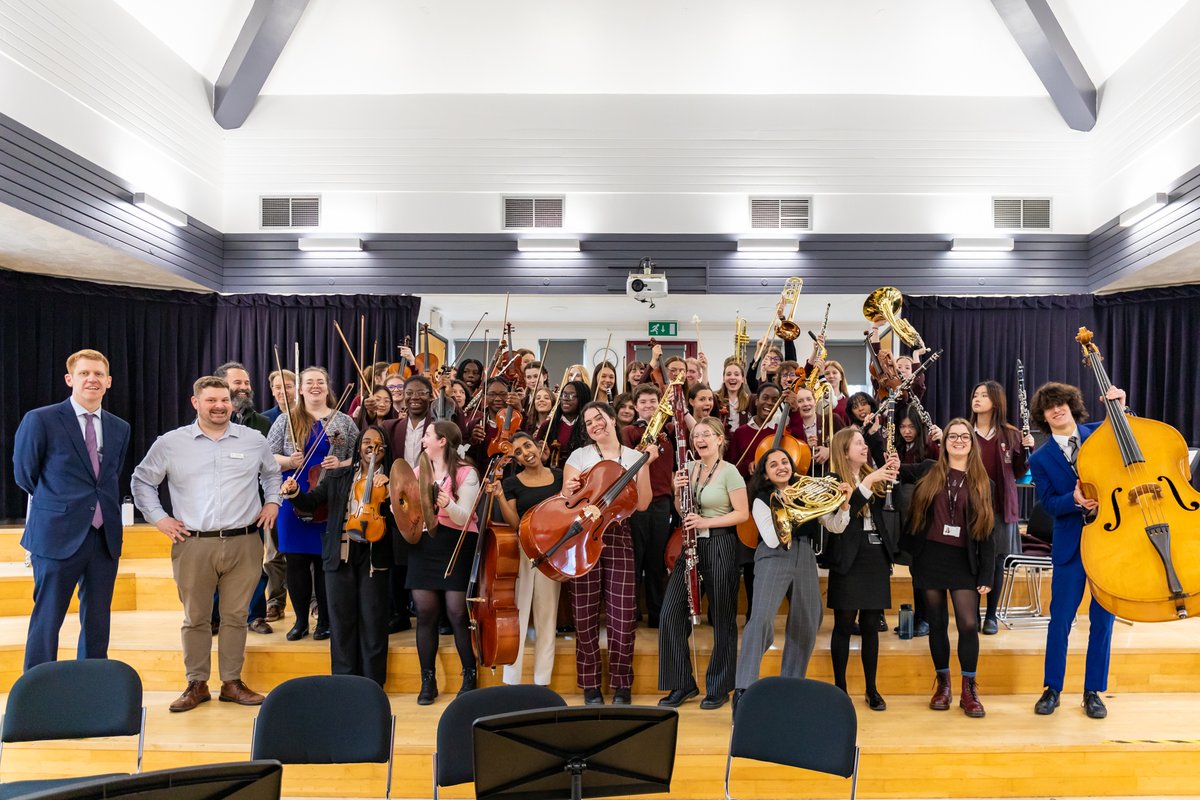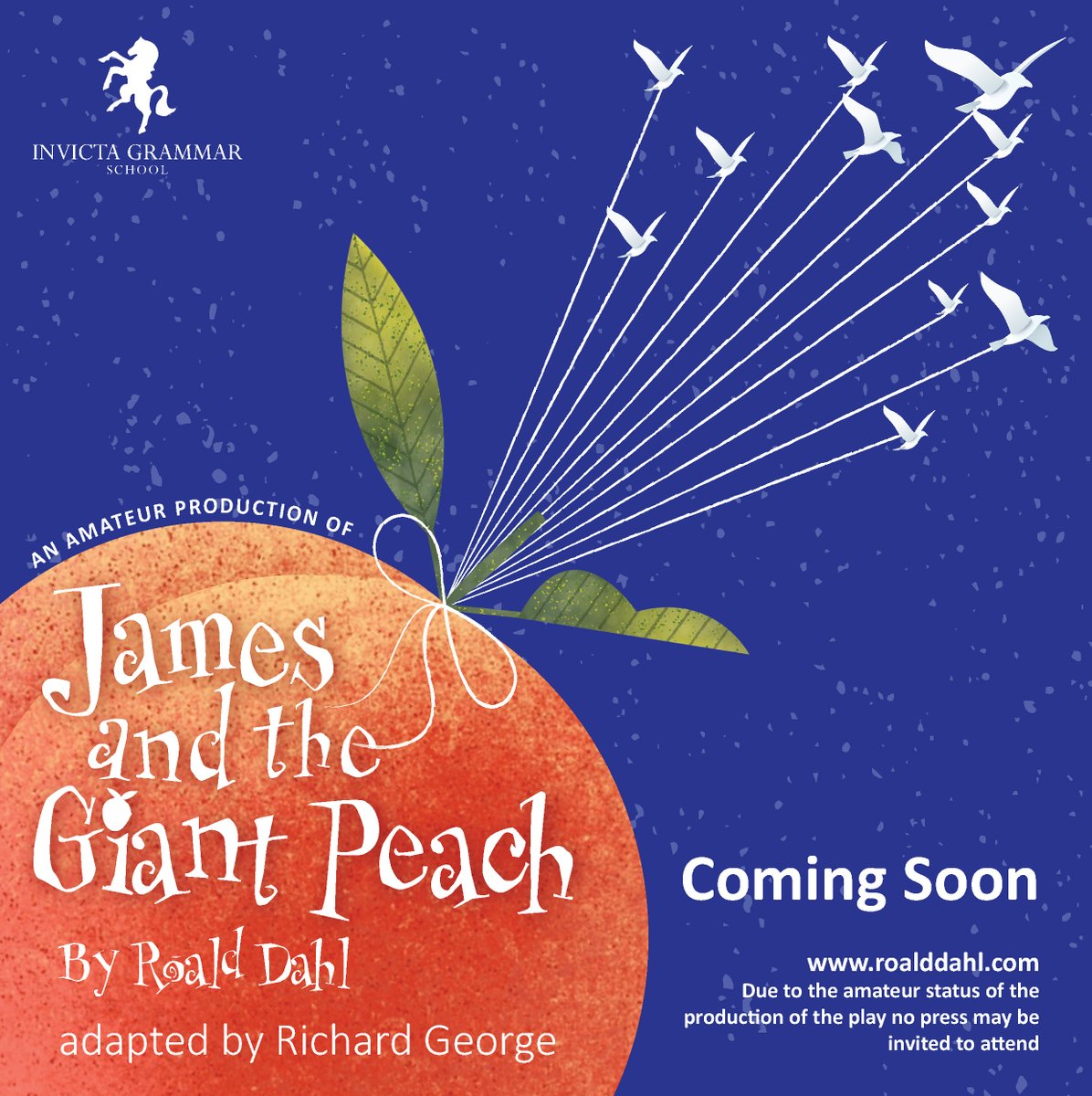Invicta Vlogs
The Love Language
Love is complex and nothing like they portray it in the fairytales we read as kids. It is crucial in any relationship and this concept can be applied to friendships, family dynamics, love towards a significant other and self-love. These are essential relationships in our lives that we heavily rely on for stability. Therefore understanding the love language of those around us and ourselves is important. By respecting and acknowledging the way we and others feel appreciated, we can use such techniques to showcase our love.
When I was asked what my love language was, I didn’t really know and was oblivious to the five main categories. It made me think that if I didn’t know my own way of feeling valued how would others know. So they must have been going into it blindly when showing me that they love me. However with establishing my attitudes towards love I could have made their life much simpler. I did the love language quiz and concluded that I appreciate quality time the most with my loved ones, which makes sense as I thrive off seeing my friends, family and loved ones. So what are the love language categories?
Firstly, there is physical touch which is physical gestures such as: hugs, kisses, pats on the back and thoughtful touches on the arm. They portray emotions such as: care, concern, safety, warmth and understanding. The physical presence in this type of love language is essential as it relies on physical reassurance that is then mirrored into emotional reassurance.

Secondly, there is quality time (the one I connect the most with) which explores spending time with the ones you care for without distractions. That could be going on walks or sitting down and having a conversation without being disturbed by your phone or TV. By sharing time, the connection is solidified.
Thirdly, acts of service is another popular love language. This type of love language is all about helping remove and share the burden of responsibilities. This could be as simple as helping your friend with their homework. For this behaviour the acts are done out of love and not obligation. Laziness and not following up on commitment can make people with this love language feel unworthy.
Fourthly, words of affirmation (which was the most common one amongst my friends) is where words hold a lot of power over people who connect most with this love language. Therefore, a simple “I love you” along a reason behind the love can boost their confidence but saying the wrong thing can completely shatter them. Words of encouragement are a great way to build someone who resonates with this love the most.
The last but not least important love language is receiving gifts. I believe I can speak on the behalf of many that receiving a gift is a special experience as the thought behind it makes it meaningful. Although we don’t like confessing it as we believe it appears materialistic, receiving gifts can allow one to feel appreciated through a heartfelt symbol. This is a way of physically praising and showing that you are thinking of someone.
It is crucial that we understand one another’s love languages and respect them. By having a better understanding of what friends or significant other find reassuring, we are able to express our love more effectively and in a way that is most meaningful to them. Changing slightly the way we express our love to other people can improve our relationships. So I encourage you to educate yourself about your own language and share it with your friends and loved ones. Don’t be embarrassed by your results as we are all different. Love is experienced differently by everyone and realising that is of great importance in life.
Kalina Tsvetanova
Senior Prefect


























